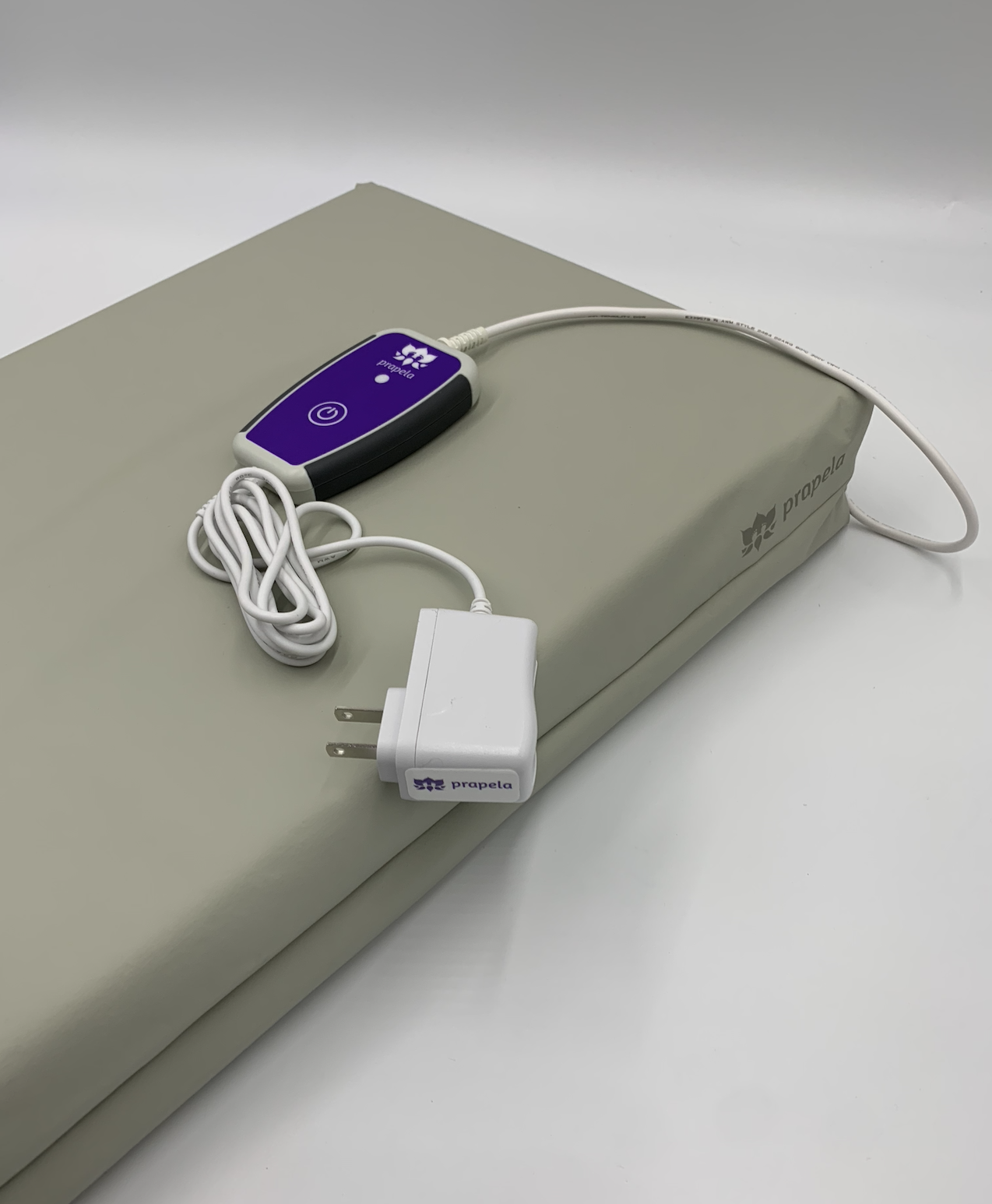John Konsin
Thursday, March 14, 2024

Apnea of Prematurity or AOP occurs when preterm newborns stop breathing for 20 seconds or longer. Repeated apneas decrease the oxygen level reaching vital organs leading to long-term neurodevelopmental issues. Approximately one in every ten babies is born premature, making AOP a global healthcare challenge. Caffeine is the most common treatment for AOP. Even though it was approved for use twenty-two years ago, it is only partially effective as most caffeinated babies continue to experience apneas for several days. Fortunately, clinicians and scientists discovered that ascending and descending vibrations moving within a small range and in low speed could help infants breathe. Clinical studies reported that preterm newborns lying on a uniquely vibrating mattress breathe better, have improved oxygenation, and maintain sleep cycles. This is due to the fact that vibrations boost neurons in the brain responsible for breathing and heart rate. In 2018, this technology was exclusively licensed by Prapela which develops reusable medical devices according to US and European regulatory standards. Prapela’s mission is to add a new capability to the thousands of incubators used around the world every day, replacing standard pads with Prapela’s innovation. More importantly, Prapela is introducing the first innovation to significantly improve the care for preterm newborns with AOP and the outcome of their condition in over twenty years.
